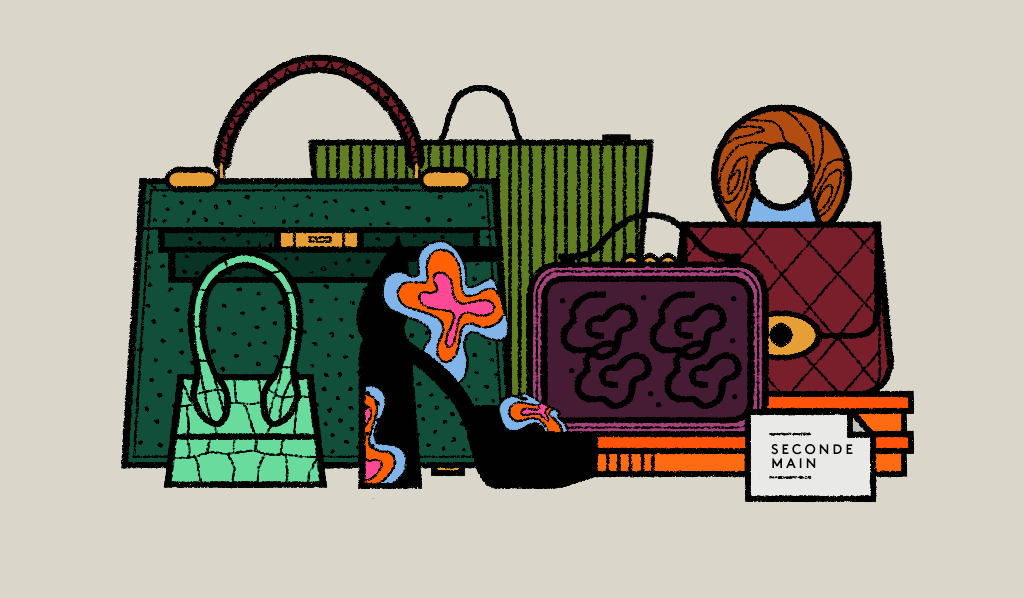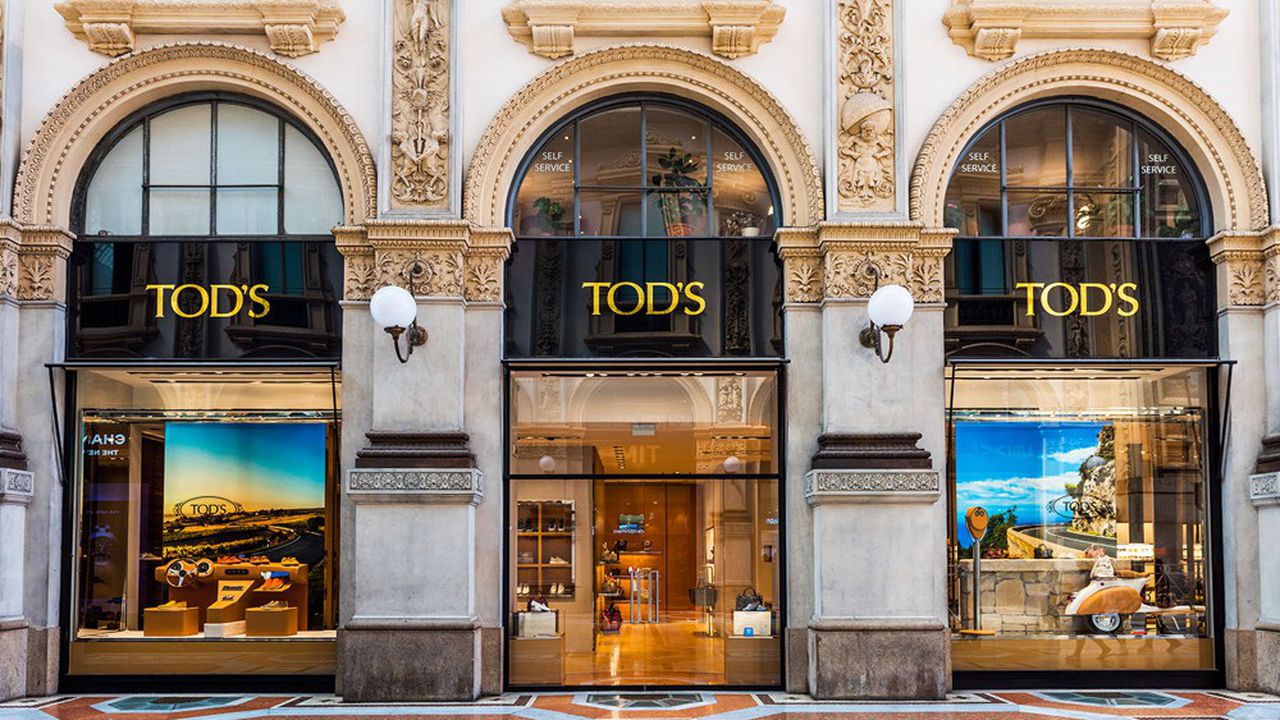Three luxury leaders -Kering, Hermès and L’Oréal- took advantage of the launch of the new Ambition4Circularity platform, which tracks the commitments of private companies to the circular economy, to display more transparency.
Making the circular economy a major lever for reducing their environmental impact and improving their economic efficiency: this is the strong commitment made by the French Association of Private Enterprises (Afep). Founded in 1982, the association represents the vision of the 114 largest private groups operating in France to the French public authorities, European institutions and international organizations.
In 2017, Afep initiated the formalization of commitments by member companies to act in favor of greater resource efficiency. It has since published three annual reports (in 2018, 2019 and 2020) to monitor these commitments, based on precise data.
A new step
Today, the association is taking a further step towards transparency by setting up a new Ambition4Circularity information platform. Made public on January 18, this platform provides direct access to the formulation of commitments and their follow-up, direct contacts within companies and additional information.
It is also aimed at non-French speakers, with an English version, and is the “counterpart” of the Ambition4Climate platform. Launched by Afep in mid-2021, this platform brings together low-carbon projects currently being implemented by its member companies.
Ambition4Circularity already includes 143 commitments from 38 member companies, including 61 new commitments made since the publication of the previous Afep report. These commitments mobilize all the levers of the circular economy defined by ADEME, from eco-design to recycling.
Kering, Hermès and L’Oréal make a commitment
Among the member companies, three luxury groups – Kering, Hermès and L’Oréal – are already present on Ambition4Circularity.
Kering reminds us of its commitment to “zero destruction of unsold products by 2022 in a worldwide scope“. But it also projects itself by promising “zero single-use plastic” by 2025 for “Business to Consume” activities and by 2030 for “Business to Business” activities. It is also committed to “zero microfiber waste by 2030“. Finally, 100% of the raw materials used by the group should comply with “Kering Standards” by 2025.
Without referring to a specific timetable, Hermès has indicated that it intends to “recycle dormant materials and production waste within the framework of the Oïkos Lab as part of a continuous improvement process“.
Finally, L’Oréal was the most prolix. It announced that it wants to achieve, by 2025, carbon neutrality on all its L’Oréal sites, “through the improvement of energy efficiency and the use of 100% renewable energy”. The global cosmetics giant has also set many green goals by 2030: to recycle and reuse in a loop 100% of the water used in its industrial processes, to have 100% of its formula ingredients and biobased packaging materials that will be traceable and derived from sustainable sources and none contributing to deforestation, to have 95% of its formula ingredients biobased, derived from abundant minerals or circular processes and finally to reach 100% of L’Oréal’s plastic packaging of recycled or biobased origin. For this last point, the group announces that it will already reach 50% by 2025.
Lvmh absent
Lvmh, although a member of Afep, has not yet communicated on the platform. But this does not mean that it will not do so, says Afep. Although it created its own environmental department in 1992, Lvmh does not always join collective initiatives in terms of sustainable development. The world’s number one luxury company has not joined the Fashion Pact, led by François-Henri Pinault, the CEO of Kering. Launched in 2019, this coalition rallying some fifty major luxury Houses, brands and fashion chains (including entry-level), committed to curbing political warming, establishing biodiversity and protecting the oceans. Lvmh explained that it did not feel concerned by an initiative focused on fashion alone, and open to fast-fashion players such as H&M.
Read also >RE-Luxury rethinks the luxury of tomorrow








